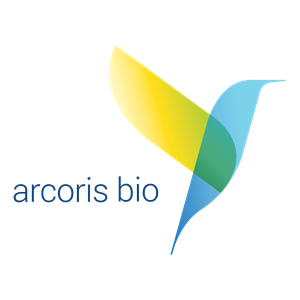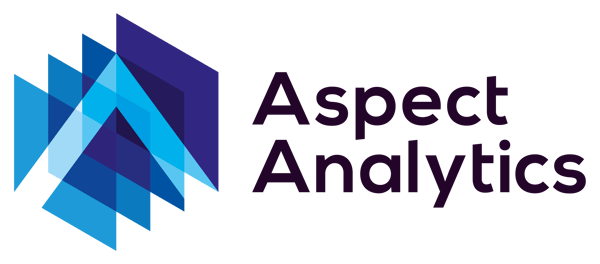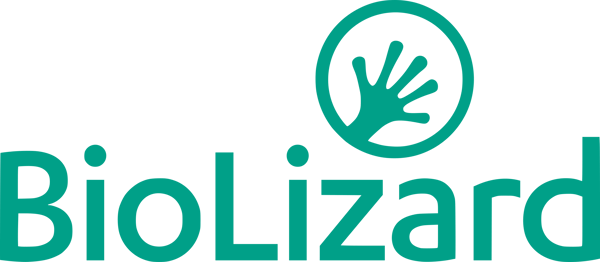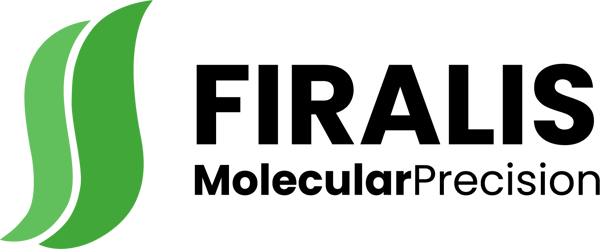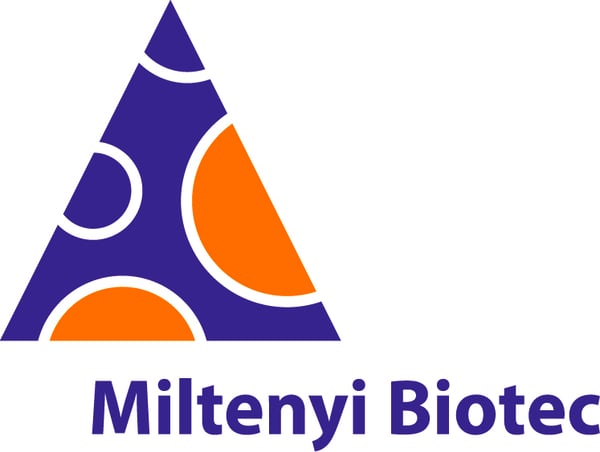Biomarkers, CDx & Precision Medicine 2026
.png)
Congress Centre Basel, Switzerland
.png?width=761&height=200&name=BIOMCDxPREMED%20LOGO%20(Light%20Contrast).png)
Europe’s flagship event for biomarker innovation returns! Advancing drug discovery, development, clinical trials, and precision medicine - all under one roof.
13 - 14 October 2026 | Basel, Switzerland
This year, we will be co-locating the event alongside NextGen Omics, Tech & Data to create a more integrated precision medicine experience.
WINNERS
AI Innovation of the Year
Nexomic
AI Innovation of the Year
Nexomic
AI Innovation of the Year
Nexomic
AI Innovation of the Year
Nexomic
AI Innovation of the Year
Nexomic
AI Innovation of the Year
Nexomic
AI Innovation of the Year
Nexomic
AI Innovation of the Year
Nexomic
AI Innovation of the Year
Nexomic
AI Innovation of the Year
Nexomic
AI Innovation of the Year
Nexomic
AI Innovation of the Year
Nexomic
Delivering Personalized Treatments
Join us for Biomarkers, CDx & Precision Medicine Europe 2026, an immersive event now in its 21st year, spotlighting the latest trends and tools in biomarker research.
This year’s agenda also includes dedicated programmes on Spatial Biology for Precision Medicine and Computational Pathology & AI. The event gathers leading experts from global pharmaceutical companies, pioneering biotech firms & start-ups, and leading academic & healthcare institutions, all contributing to various therapeutic areas and stages of drug development, clinical trials, and precision patient treatments.
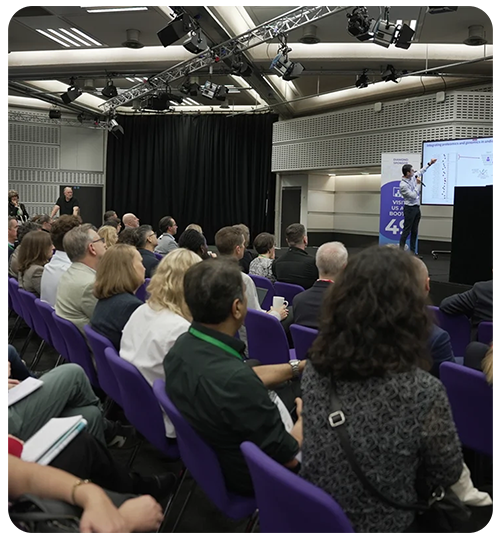
Explore the Biomarkers, CDx & Precision Medicine 2026 Programme
Select the area of most interest from the icons below
We asked key opinion leaders which breakthroughs will shape the future of precision medicine. The answer? A shift beyond genomics to multi-omics—integrating proteomics, metabolomics, and spatial biology to decode disease at every level. AI is transforming immunohistochemistry, sharpening biomarker design and pathology analysis. Multi-modal data and multiplexing are exposing hidden cancer circuitry, driving smarter target discovery. As AI-driven innovations navigate IVDR regulations, precision medicine is moving from promise to reality, bringing sharper diagnostics, better therapies, and truly individualized care.
An unmissable journey awaits you: From celebrated keynote speakers and insightful fireside chats, to the brand new Awards Dinner. Discover the moments that will transform your Biomarkers & Precision Medicine experience.
.png?width=378&height=125&name=Precision%20Medicine%20Awards%20Logo%20(Light).png)
The 2nd Annual Precision Medicine Awards celebrate excellence across the personalised medicine ecosystem, spotlighting the trailblazers driving progress in biomarkers, diagnostics, omics, and patient-centric care.
Are you developing a cutting-edge therapy, platform or technology? Our Start-Up Zone is designed to support emerging companies looking to increase their visibility, find potential partners or early adopters, and meet their investment goals – connecting them with our community of pharma, investors, and mid-to-large size biotechs.
Located in the Exhibition Hall, the Start-Up Zone allows therapeutic pioneers to showcase their approach, conduct invaluable 1:1 meetings and deliver a quick-fire pitch.
To get involved, apply today and our Start-Up Lead will be in touch to discuss further.
Criteria:
The Start-Up Zone is designed for therapeutic start-ups, academic spin-outs, and early-stage technology/service providers.
To be eligible for inclusion, you must meet the following criteria:
• 0 – 5 years operating
• 0 – 30 employees
• Pre-Series A funding
Successful applicants will receive as part of their package:
• 2 full conference passes
• 10-minute pitch on the Start-Up Stage
• 1x1m space in Start-Up Zone: cocktail table provided, start-up to bring 1x pull-up banner
• Logo featured on website & event platform as a participating start-up
• Ability to arrange 1:1 meetings via to the congress app
Have a peek into the dynamic panels, engaging roundtables, and hands-on workshops happening in Boston - right now!
Spatial Multi-Omics For Target-To-Disease Linkage In Inflammatory Diseases
MARINA BLECK, Principal Scientist, Boehringer Ingelheim
Marina discussed the use of multi omics for faster Faster Target-to- Disease Link (T2DL) with increased confidence and how they can leverage Spatial Biology to enhance the ability to derive insight from human disease tissues. Finally the Importance of FFPE Tissue Quality for Spatial Biology was discussed with the use of QC scoring to determine which FFPE tissue gives the best spatial transcriptomics results.
Spatial Biology As A Discovery Pathway
EMRE ARSLAN, Takeda
Emre Arslan from Takeda gave a talk about the use of Spatial Biology as a discovery pathway. First of all providing an update on the current landscape for spatial technologies then analysing how spatial technologies can be used in clinical trial design - such as the ability to identify previously unknown cell types, interactions and microenvironments and providing an ideal foundation for training better AI models.
JASMINE PLUMMER, Director, St Jude Children's Research Hosptial
Jasmine Plummer's day 2 keynote focused on Single cell into spatial and beyond. "The reason we are in this room is because it’s cutting edge" which is why the single cell and spatial field growing exponentially.
Future directions for the technology include Low throughput, clinical trials, other organisms, more tissue types, epigenomics
JUN WANG, Associate Professor, Multiplex Biotechnology Laboratory, Department of Biomedical Engineering, Stony Brook University
"Simpler but more powerful than flow and imaging cytometry"
MIST Technology provides100 times more information than flow cytometry and currently the highest multiplexity is up to 500 markers/ cell.
Panel Application Of Single Cell Omics In Clinical Monitoring
PRIYA CHOCKALINGAM, Vice President, Head of Clinical BioAnalytics & Translational Sciences, Beam Therapeutics
Priya's talk focused on Genome Editing Technologies for Gene & Cell Therapy and how cell & gene therapies require a specialized regulatory approach compared to other modalities. Appropriate assessments should therefore be put in place in both nonclinical and clinical stages to address safety concerns.
Various methods to assess off-target editing effects have evolved in the last decade. However, limitations remain in balancing accuracy vs sensitivity of these new techniques.
The direct assessment of off-target effects in vivo and in patients is particularly challenging.
Novel single-cell technologies enable quantitation/co-occurrence of on-/off-target editing through patient time-course of treatment
Comparative Insights In Single Cell RNA-seq & Advances In Large-Scale Multimodal Profiling
ZORA MODRUSAN, Senior Director NGS, Genentech
Zora focused on both key insights and future directions of single cell RNA-Seq. scRNA-seq technologies were evaluated and the differences in performance across various metrics such as sensitivity, throughput and cost were compared across different systems.
The Overloading And unpacKing (OAK) method provides a reliable solution for large-scale molecular profiling that incorporates multiple data modalities.
Moving forward they will continue to evaluate the latest scRNA-seq kits to understand differences and guide optimal performance. Zora would also like to enhance OAK's capabilities by integrating additional modalities and applying the platform to a wide range of biological systems.
Meet Our Expert Speakers
The event brings together a panel of prominent leaders and scientists, sharing new case studies, innovative data, and industry outlooks. Below were some of the featured speakers at Biomarkers, CDx & Precision Medicine 2025: 30 September - 01 October 2025, London, UK
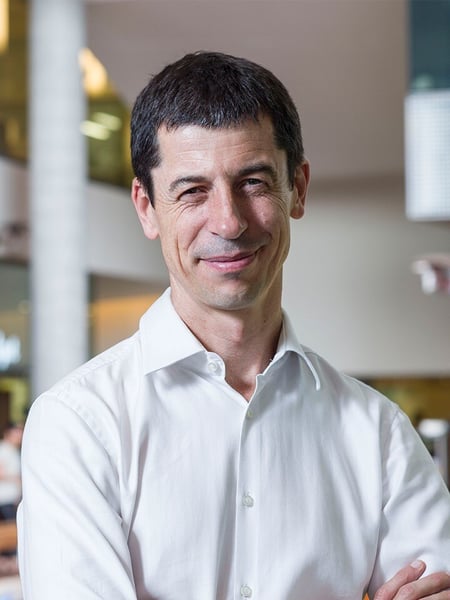
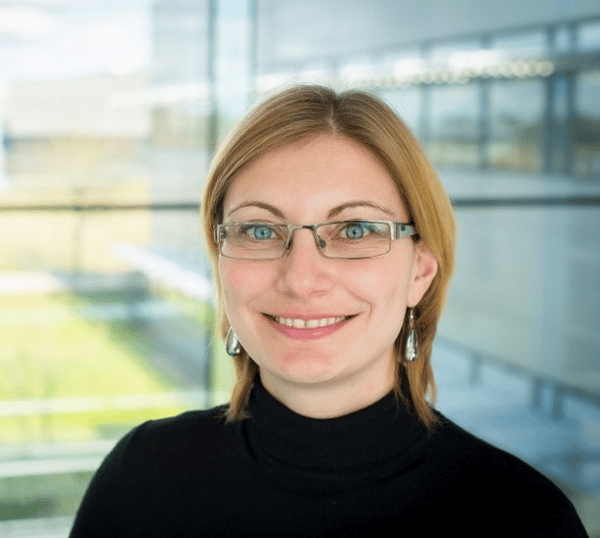
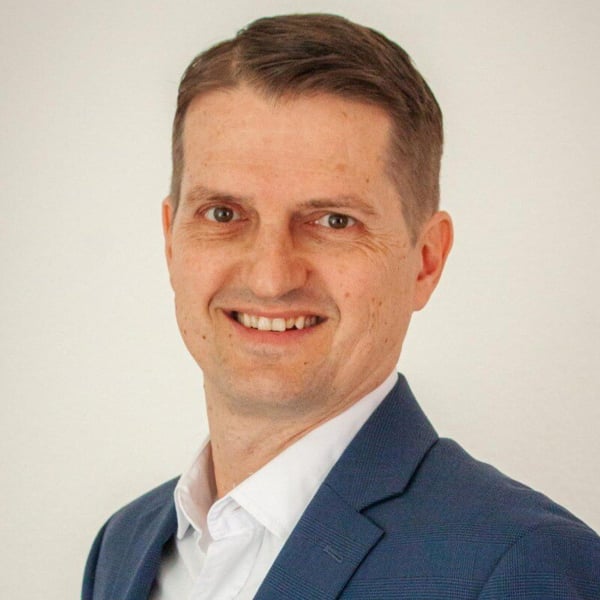
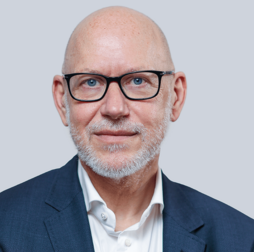
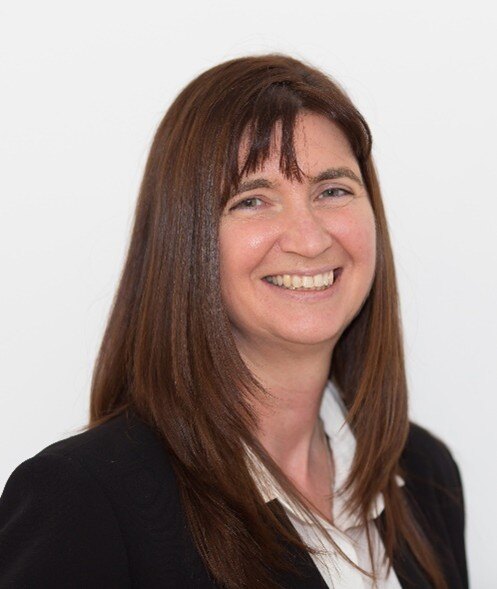
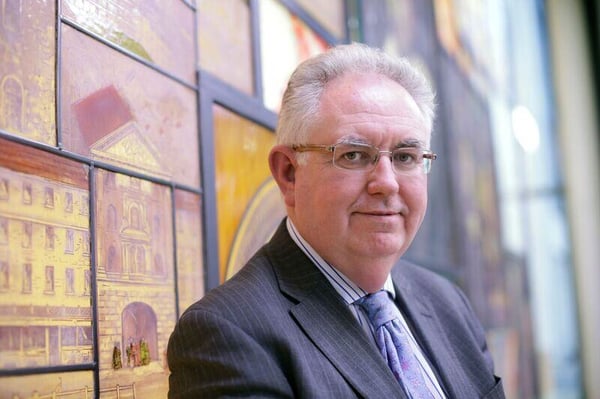
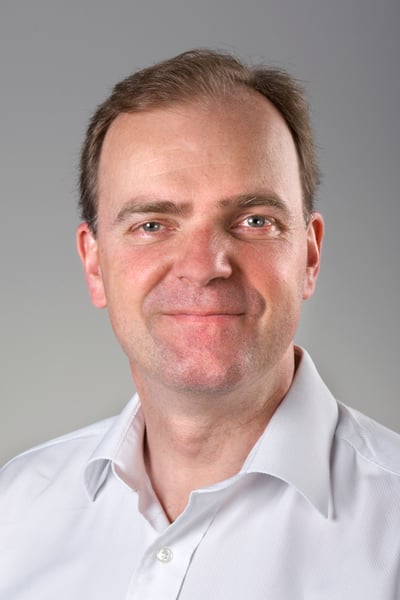

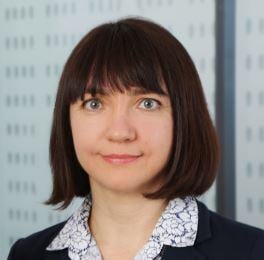
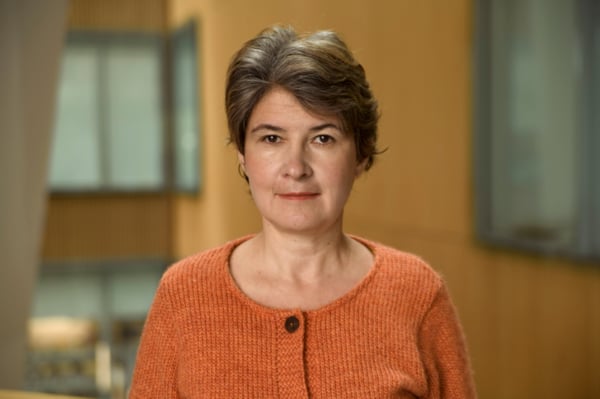
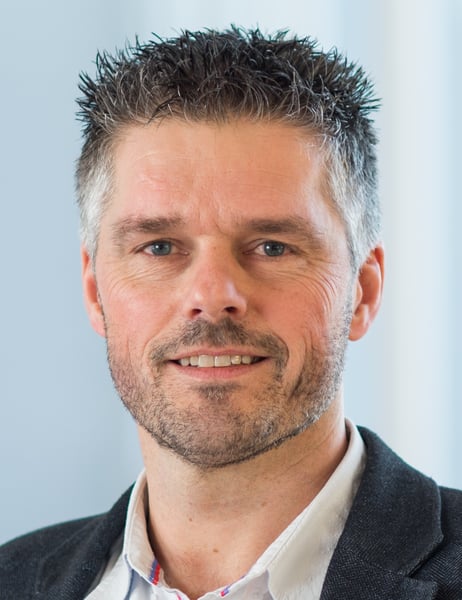
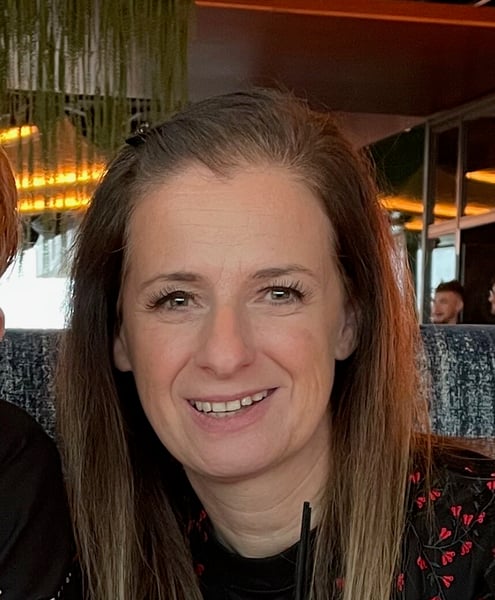

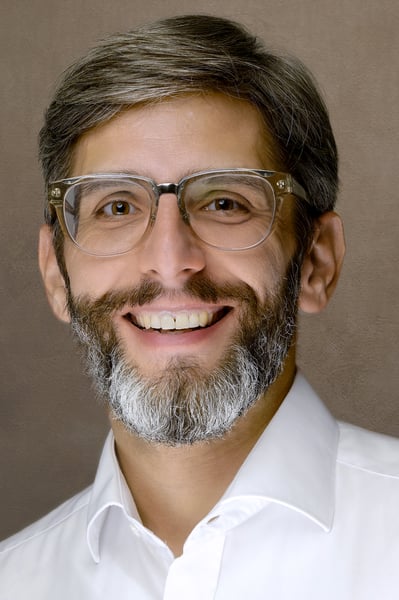
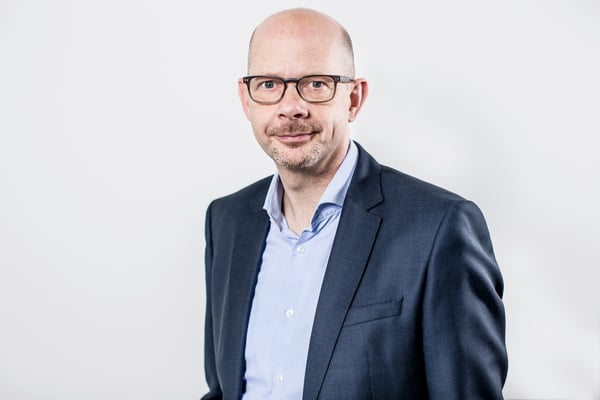
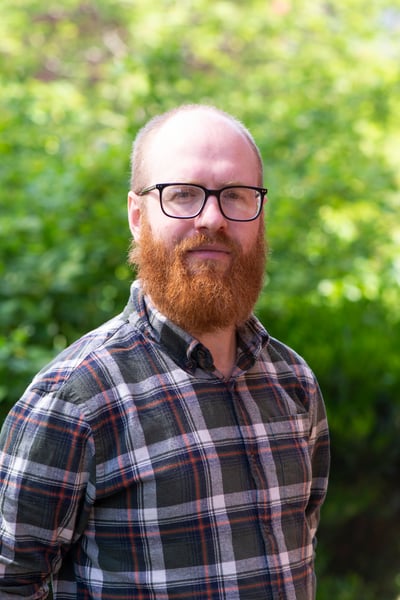

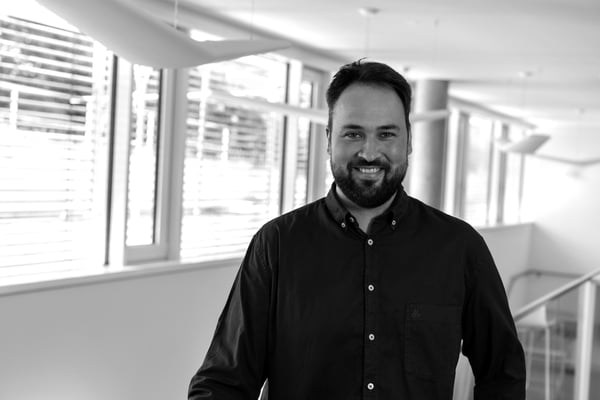
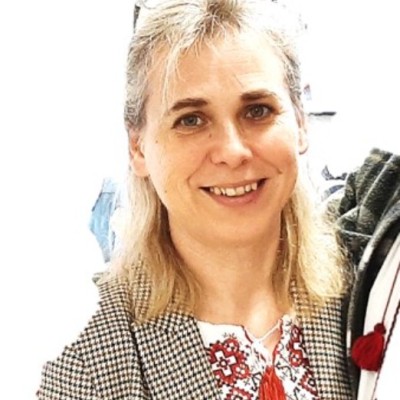

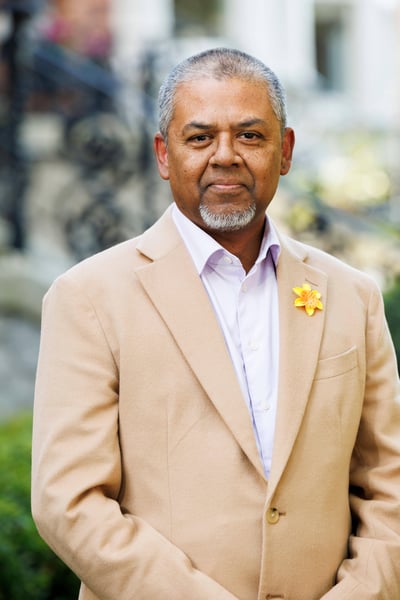

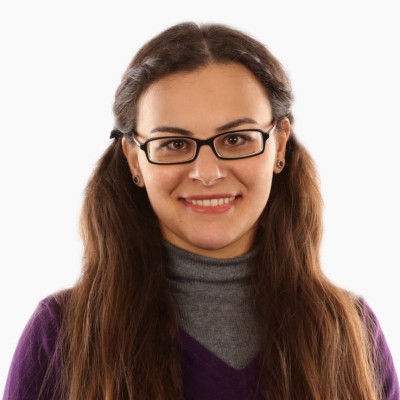

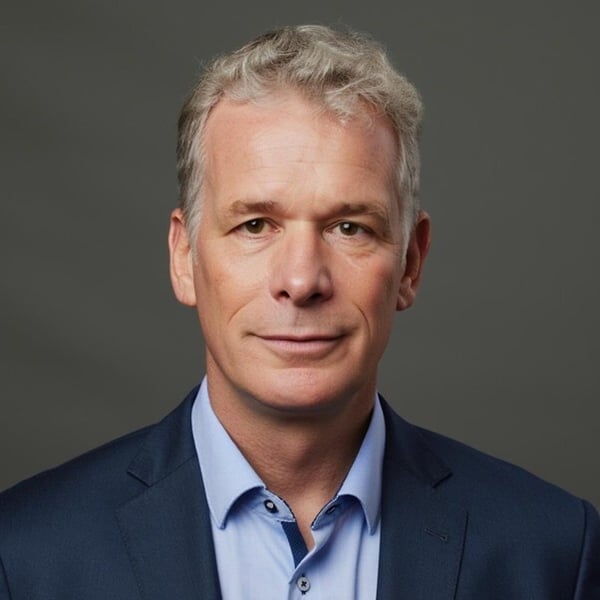
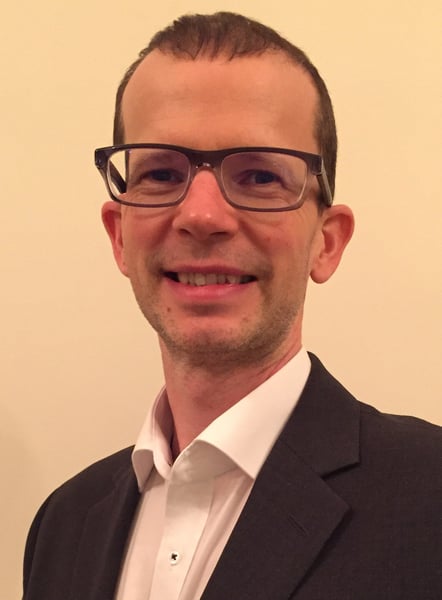
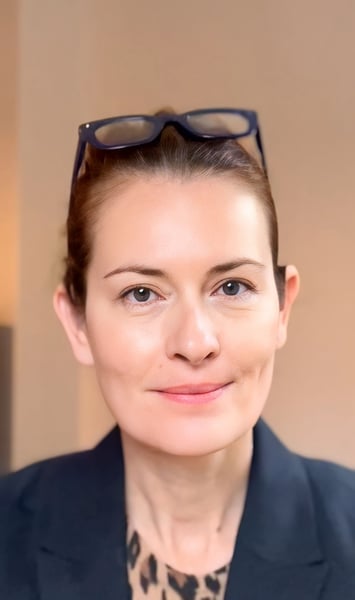

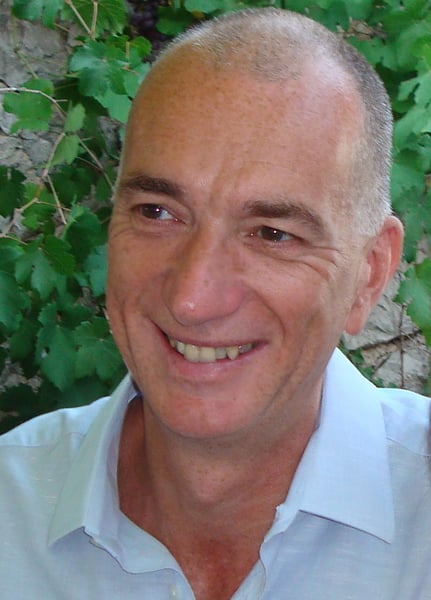

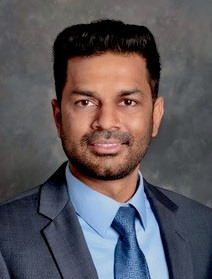


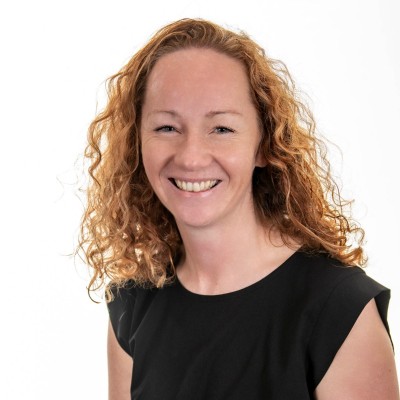
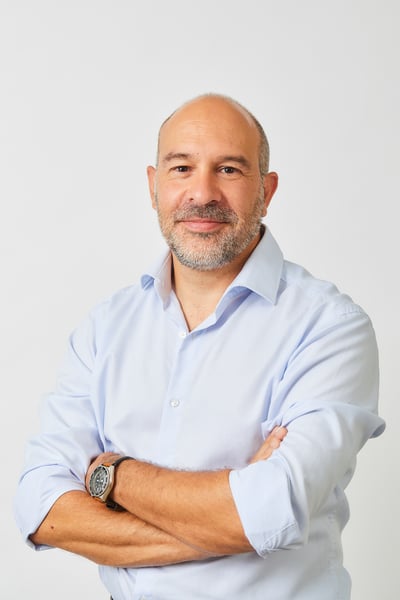
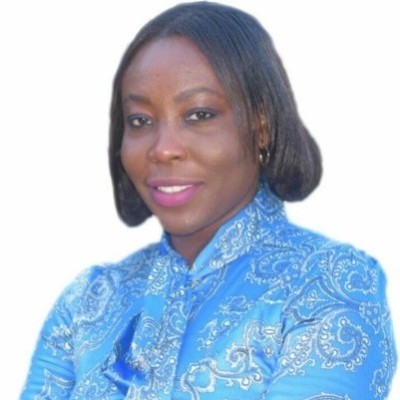
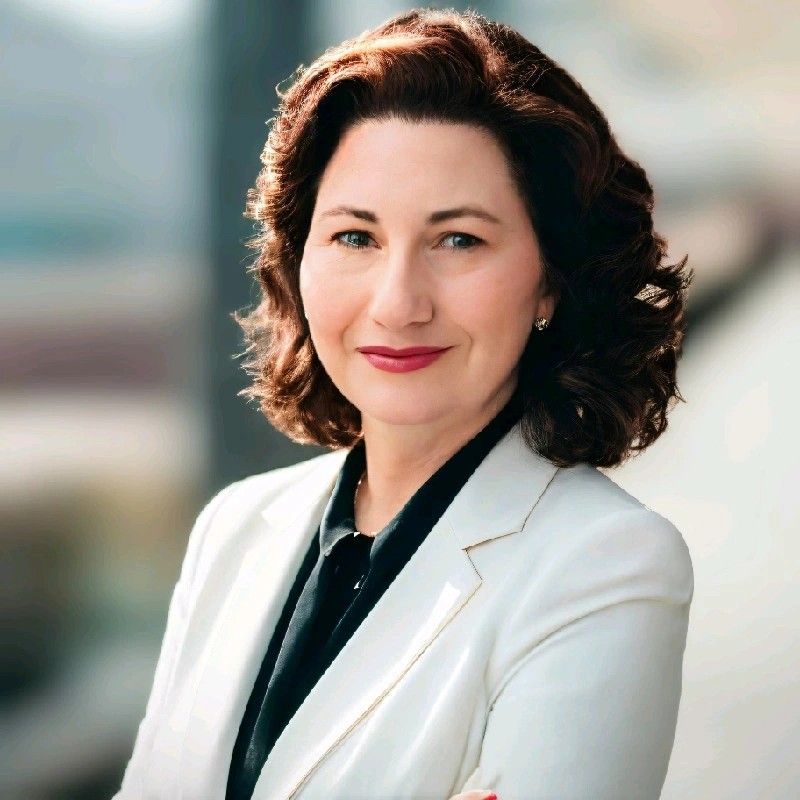

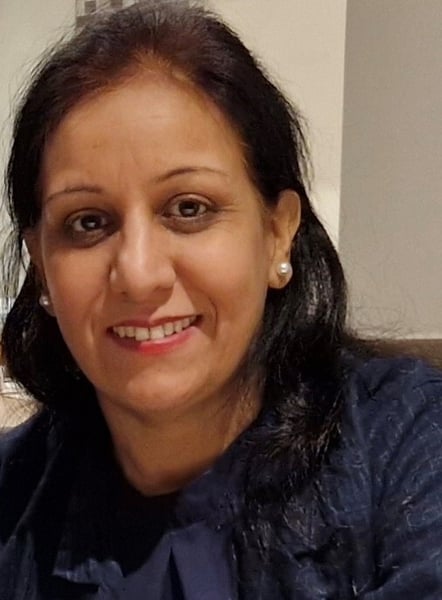
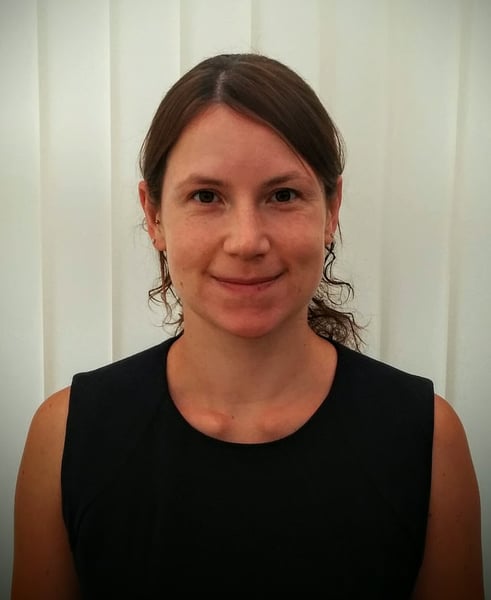
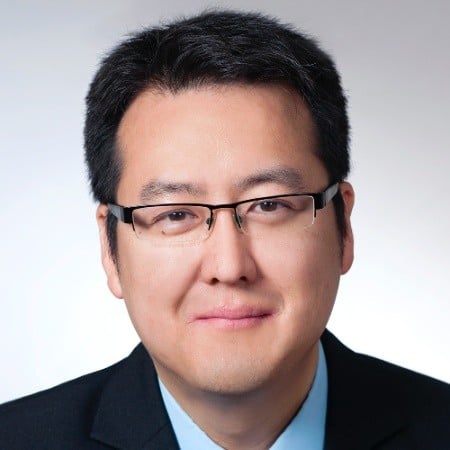
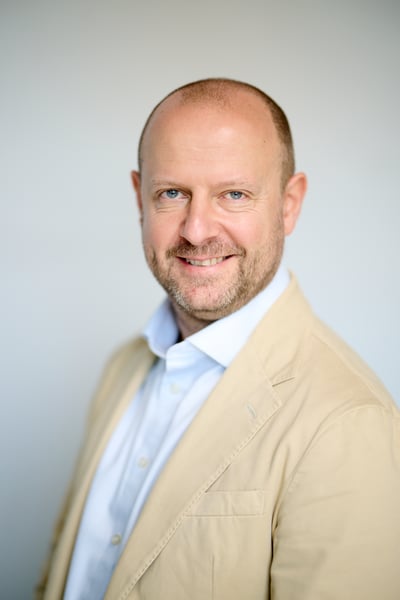
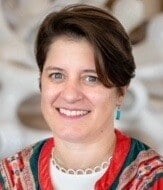
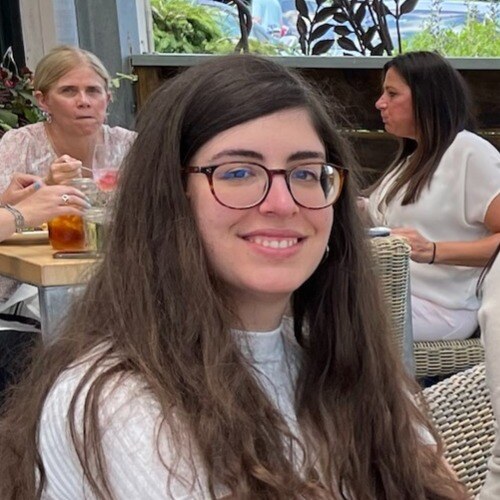
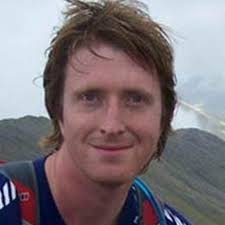
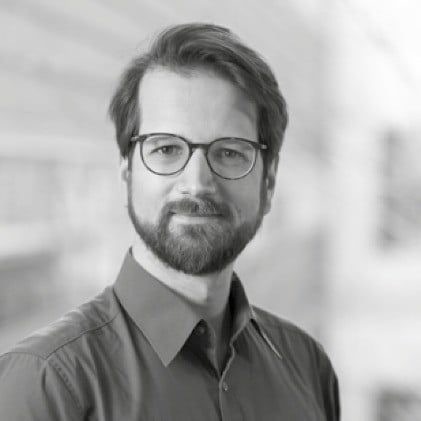
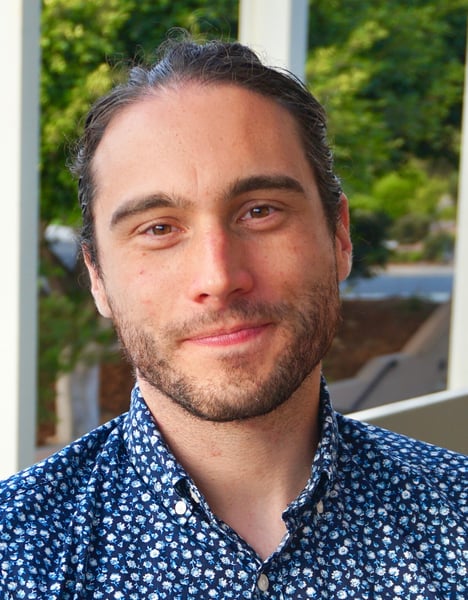
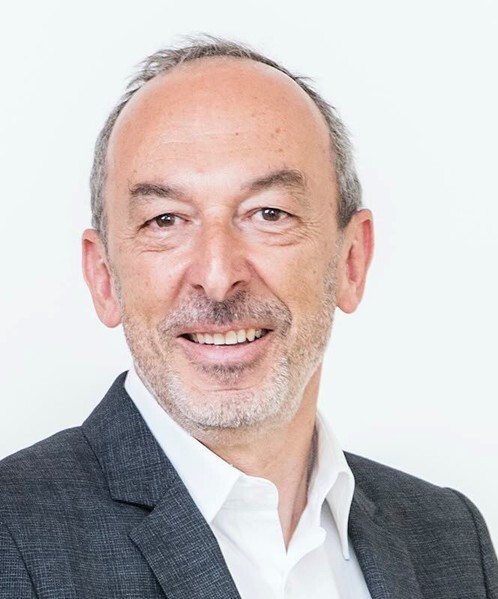

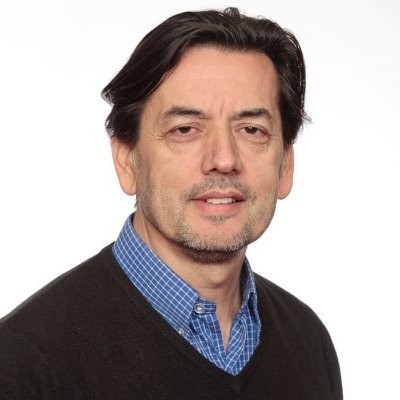
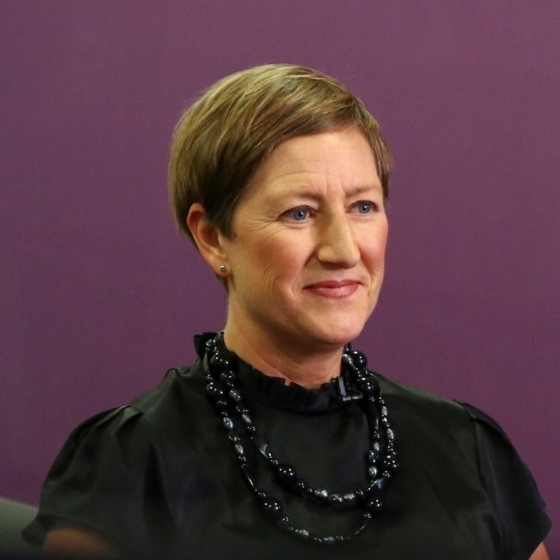
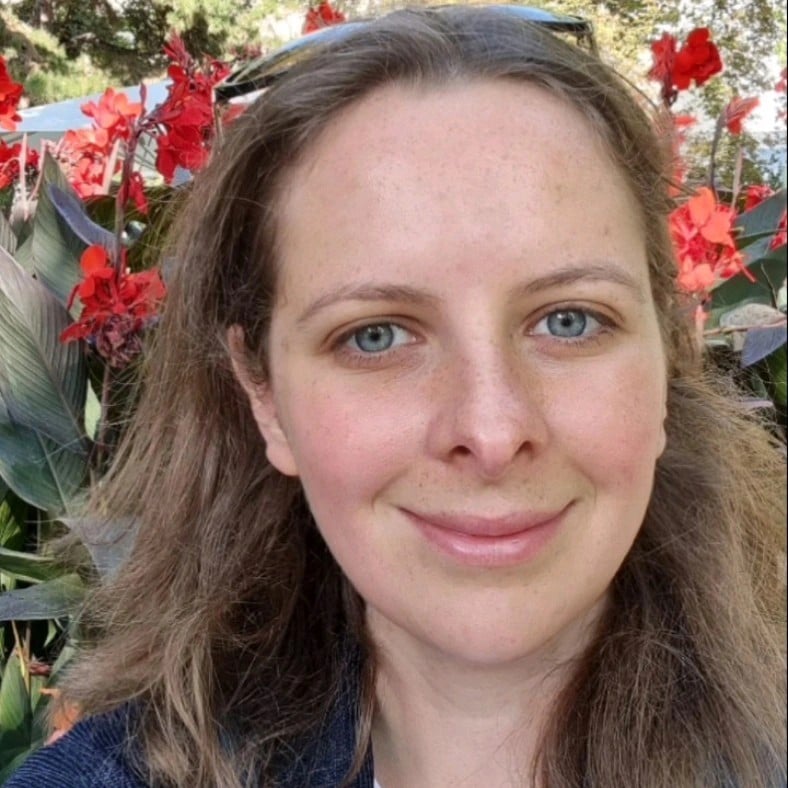
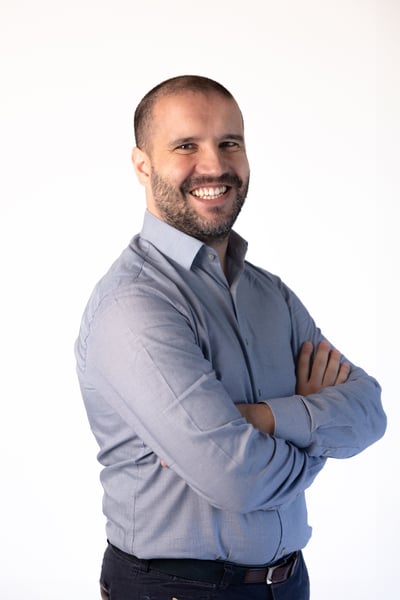
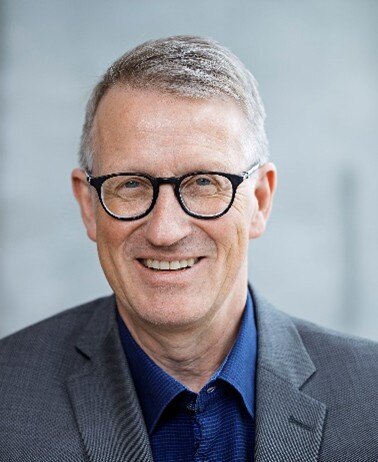
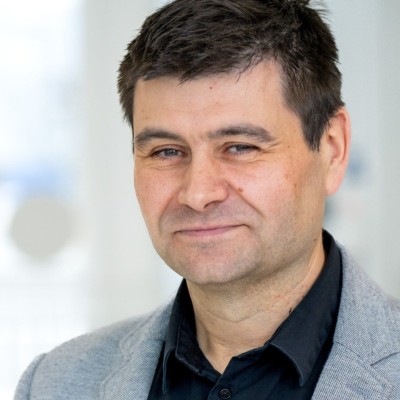
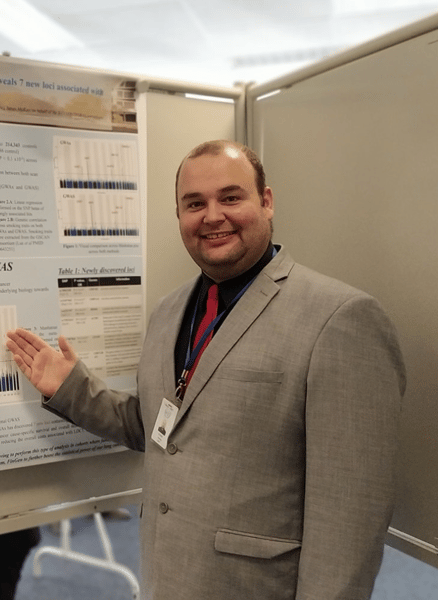
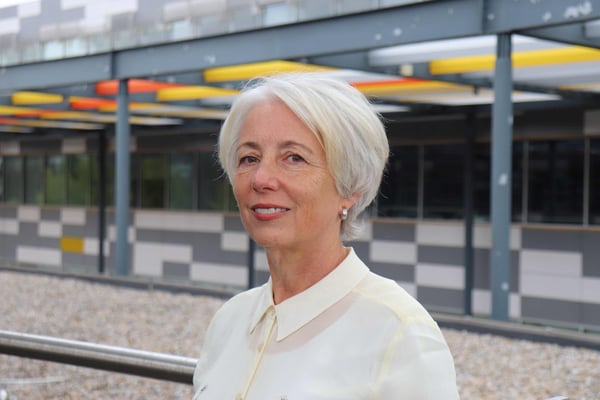
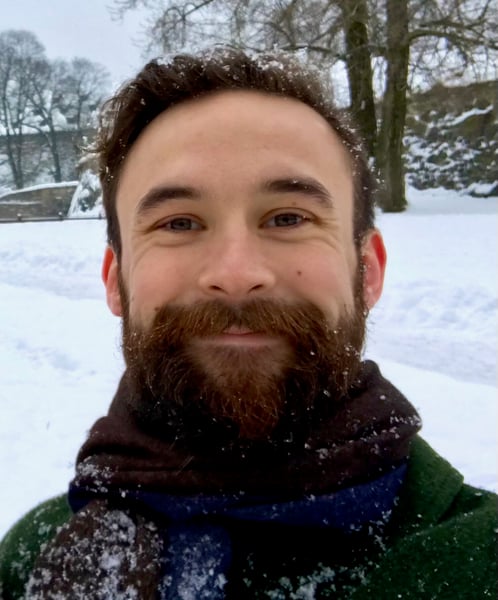
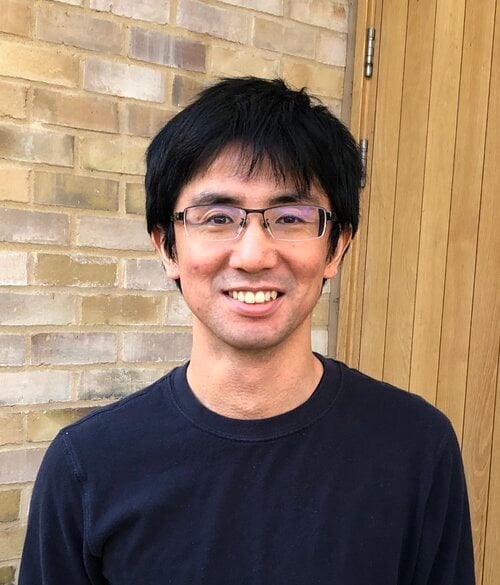

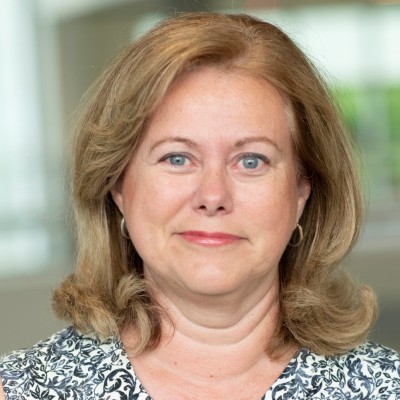
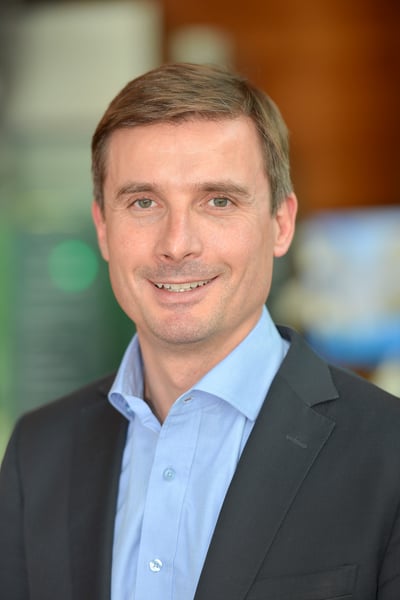
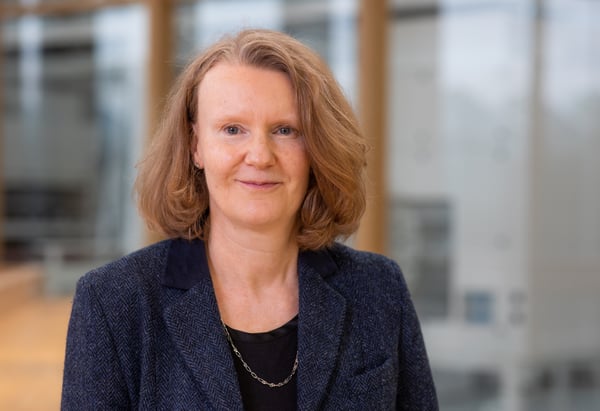
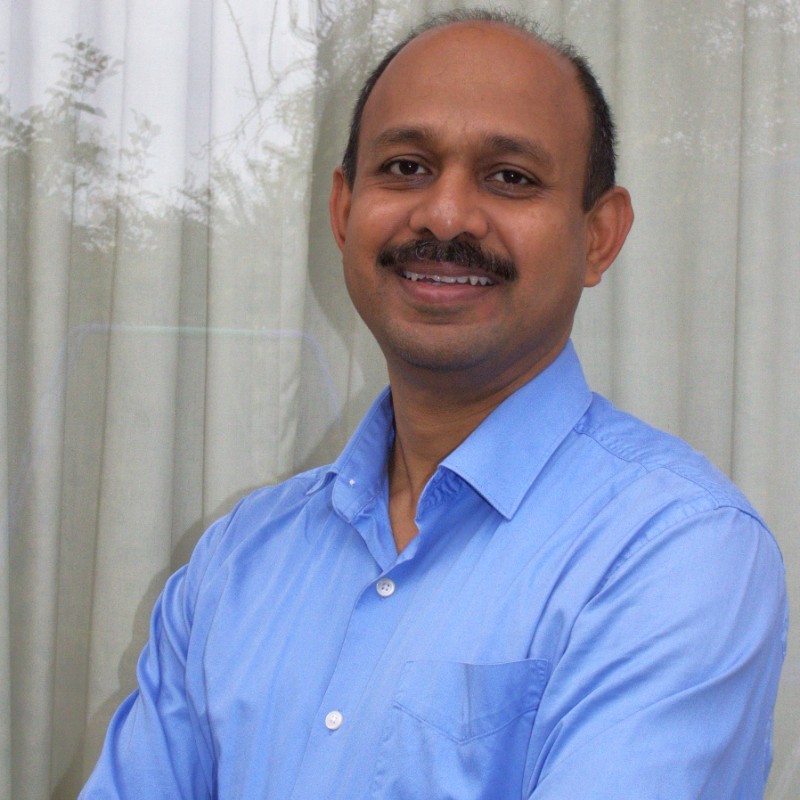
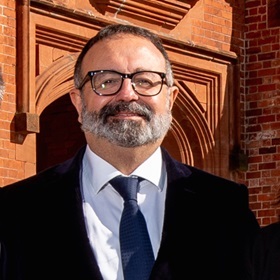
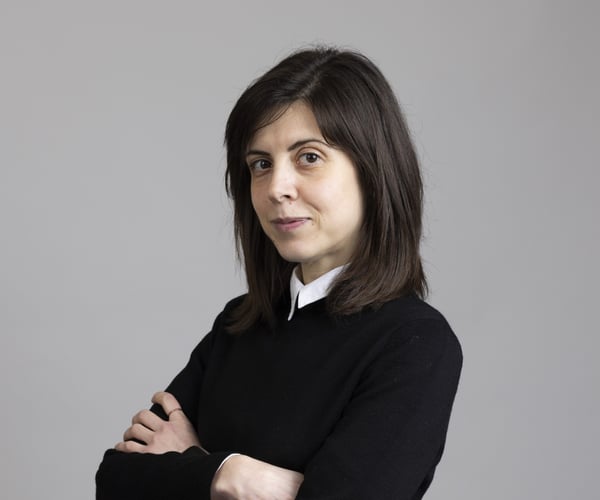
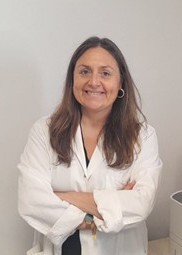

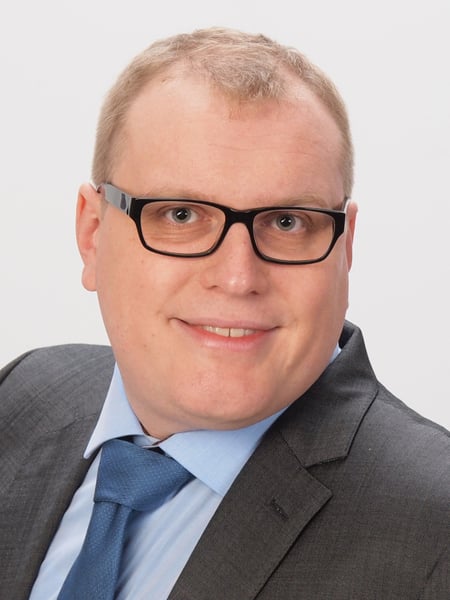
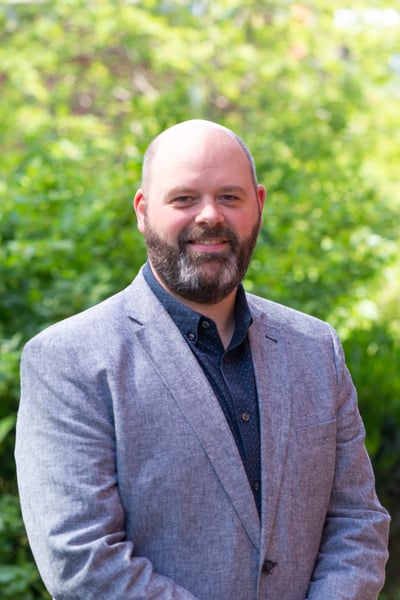
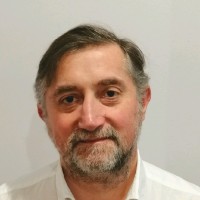
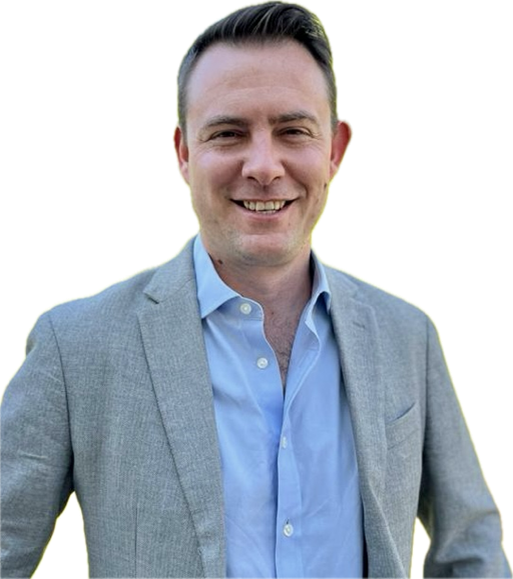
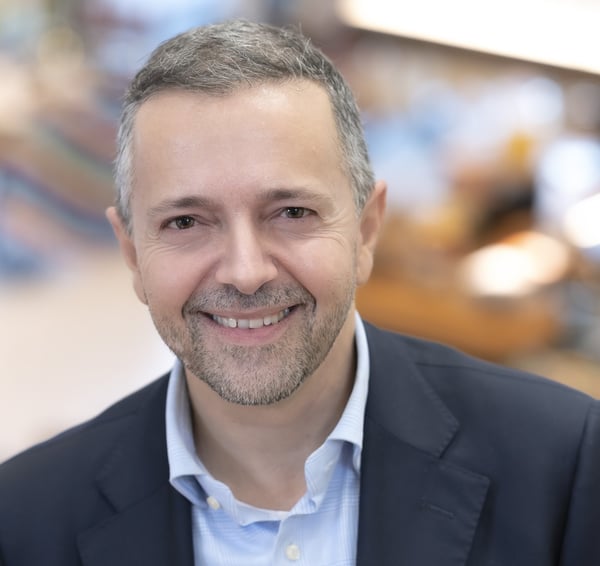
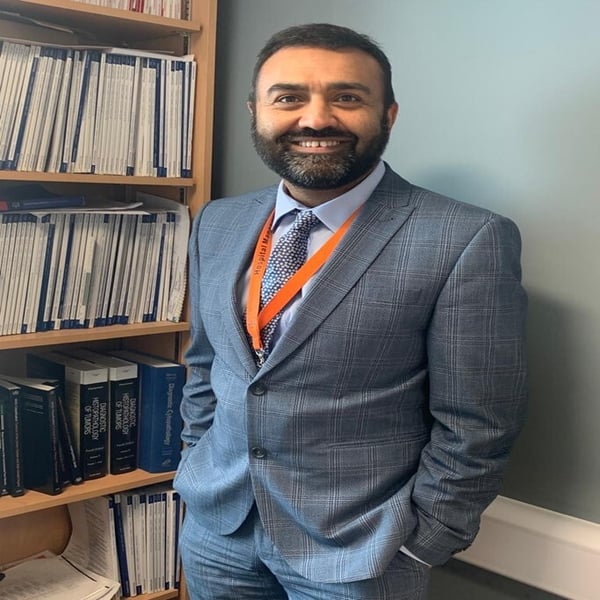
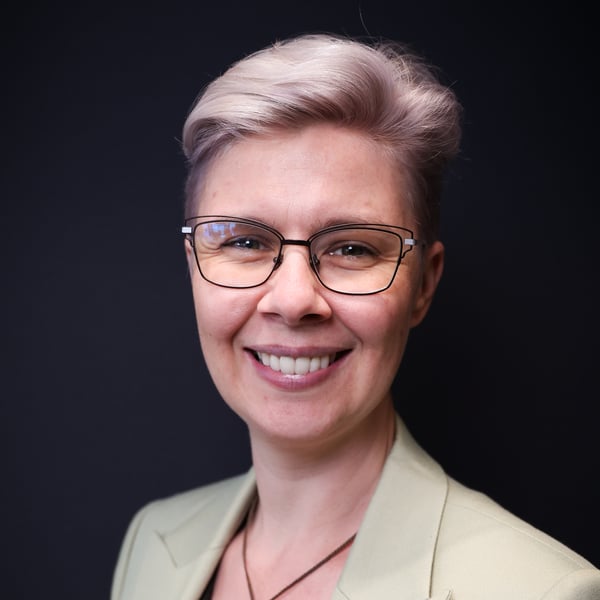
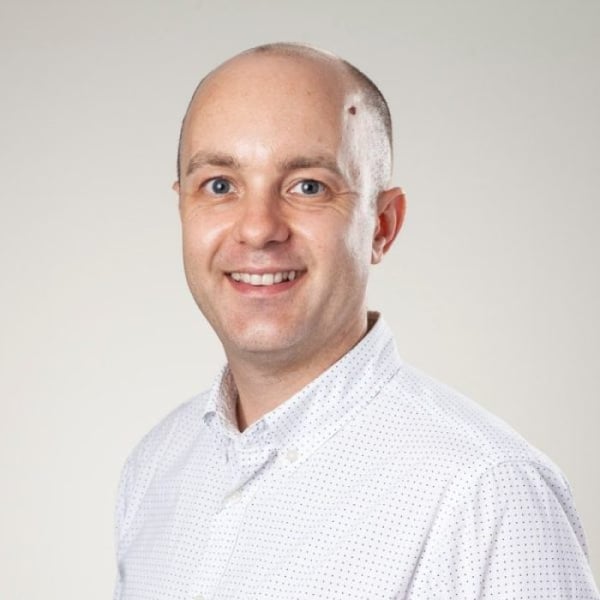
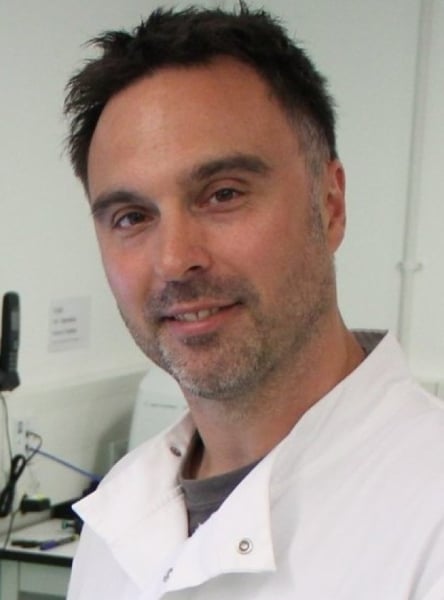
.jpg?length=600&name=3bb203aa-c4df-434c-9eb3-a974fad3766c-2-11764368speaker_photo-1516569446425-(2).jpg)

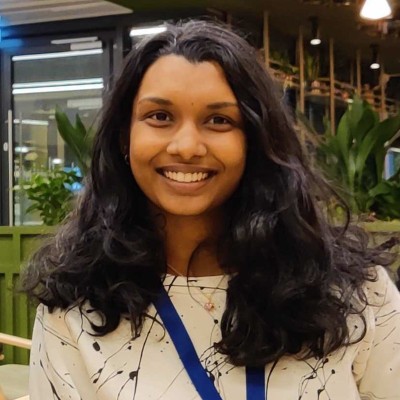
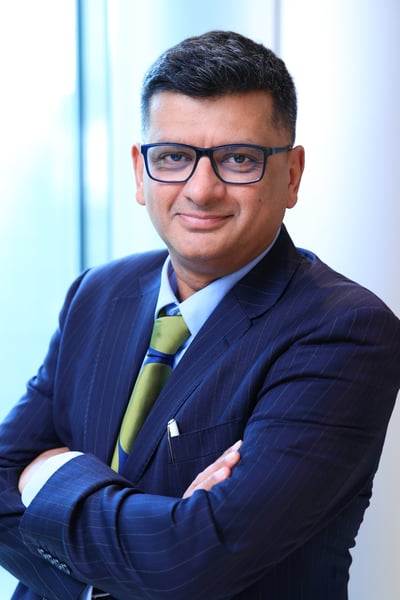
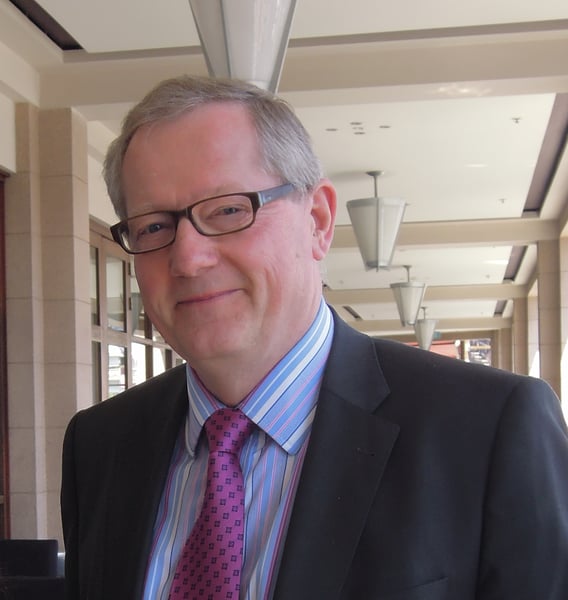
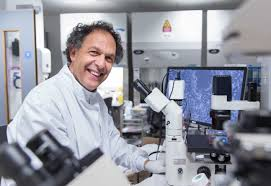
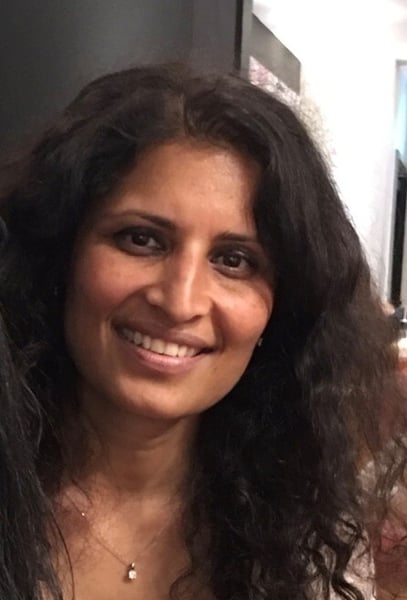
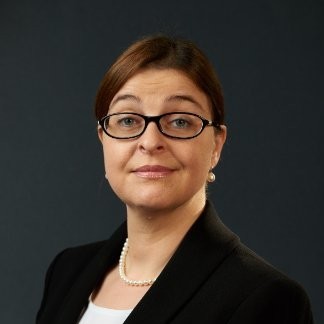


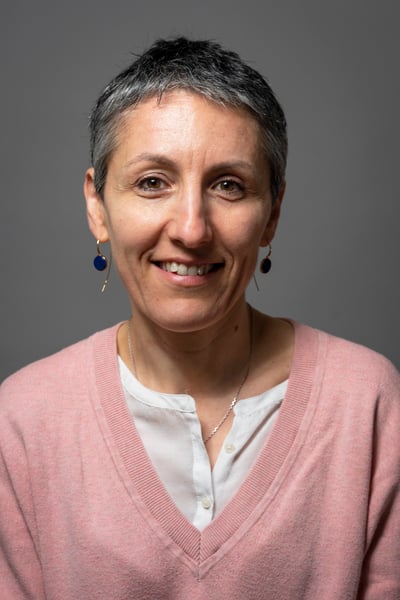
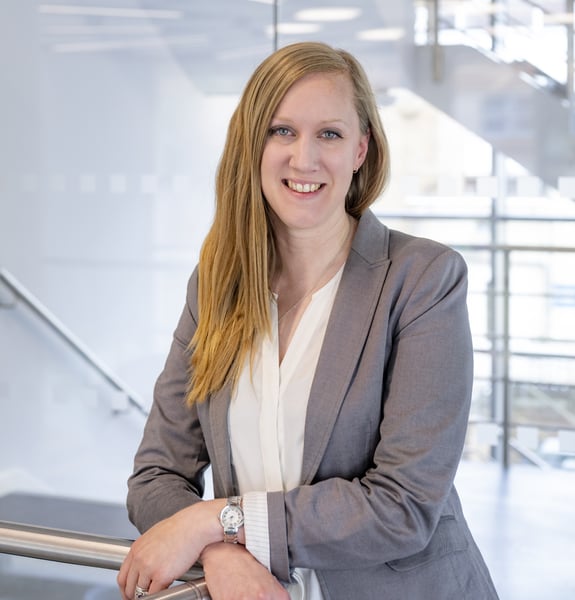

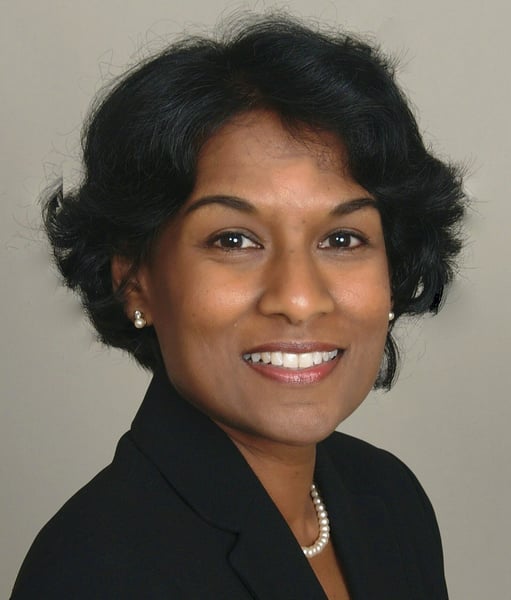
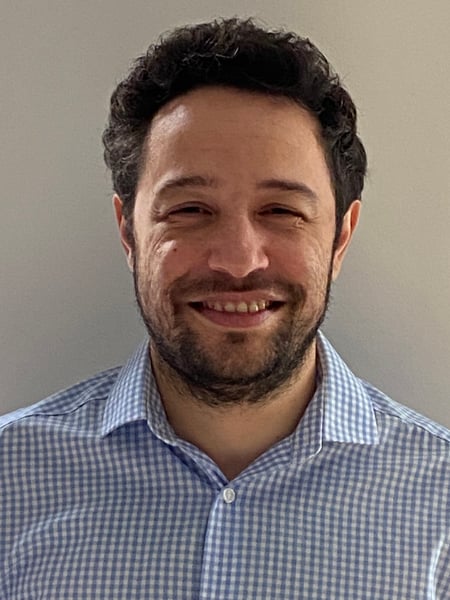
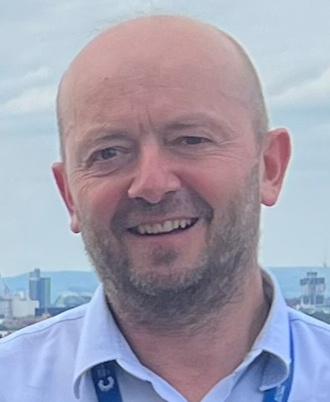
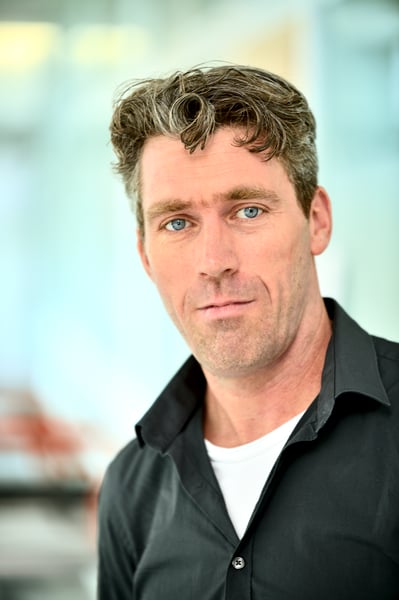
Our 2026 Partners & Sponsors
Diamond Sponsor
Platinum Sponsors
Silver Sponsors

Bronze Sponsors
Network & Programme Sponsors
Training Partner

Powering Go-To-Market For Life Science Teams
Succession helps founders and sales teams close more deals with biotech and pharma. We partner with our clients to run modern lead generation campaigns, up-skill their team through personalized sales training, and build AI workflows using cutting edge tools and technology.
Interested in Sponsoring Biomarkers, CDx & Precision Medicine 2026?
Interdisciplinary learning and knowledge share is key to driving Precision Medicine. Our Collaboration Hub sessions will provide a platform to enable experts and innovators from diverse complimentary fields to foster collaboration, hear fresh perspectives, encourage innovation, break down silos and address specific challenges within the field.
Each invitation only focused session will last 50 mins and house a maximum of 15 diverse specialists alongside a high-level moderator to facilitate discussion.
Moderated by:
Discussion Points: How to maximize the benefit of AI in precision medicine and explore challenges around managing risk, ethical considerations, regulatory compliance and integrating into existing systems
Invited Specialists: AI specialists, data scientists, clinicians, regulatory officials, bioethicists, IT infrastructure experts
Moderated by:
Discussion Points: Identifying the barriers to translating research findings into clinical practice and exploring strategies to improve collaboration and align academic research with clinical needs, regulatory requirements and healthcare systems
Invited Specialists: Academic researchers, clinicians, healthcare administrators, technology/ knowledge transfer, regulatory officials, translational medicine experts.Moderated by:
Discussion Points: How to move beyond transactional sponsored studies towards long-term, strategic partnerships between pharma and academia; aligning expectations on timelines, data access, IP and publications; co-developing roadmaps around biomarkers, spatial and digital pathology; and ensuring collaborations deliver both scientific impact and real-world clinical value.
Invited Specialists: Academic PIs and clinical leads, pharma R&D and translational heads, external innovation/alliance managers, diagnostics/CDx partners, tech transfer and legal representatives, health system leaders.
Discussion Points: How to align stakeholders and design strategies to overcome the challenges in adopting precision medicine technologies, such as cost, accessibility, technology transfer and integration into clinical workflows.
Invited specialists: Technology developers, implementation specialists, knowledge/ technology transfer, healthcare administrators, clinicians, regulatory officials
Discussion Points: Modern trial designs that accelerate biomarker-driven therapies – Use of AI, endpoint selection, enrichment strategies, companion testing logistics, and operational feasibility
Invited Specialists: Clinicians, clinical ops leaders, medical directors, (bio)statisticians, CROs, site networks, patient recruitment leaders, regulators
Moderated by:
Discussion Points: Designing and sustain multi-center networks that support biomarker, spatial biology and digital pathology programmes; practical approaches to harmonising workflows across sites and sharing multi-modal data (omics, imaging and clinical) to generate robust, generalisable evidence.
Invited Specialists: Consortium directors, academic PIs, pharma translational and biomarker leads, lab and biobank directors, bioinformaticians/data architects, digital pathology and spatial biology leads, hospital IT/informatics representatives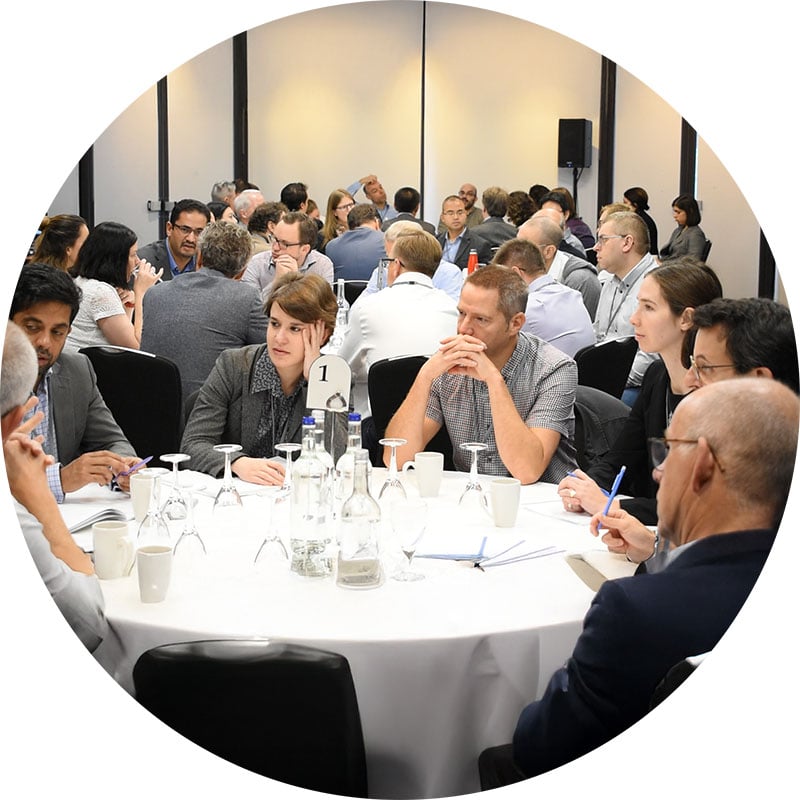

Unlock the Latest News and Insights
Sign-up for our regular LifeScienceXchange newsletter to keep up to date with all things Precision Medicine, direct to your inbox.

Unlock the Latest News and Insights
Sign-up for our regular LifeScienceXchange newsletter to keep up to date with all things Precision Medicine, direct to your inbox.





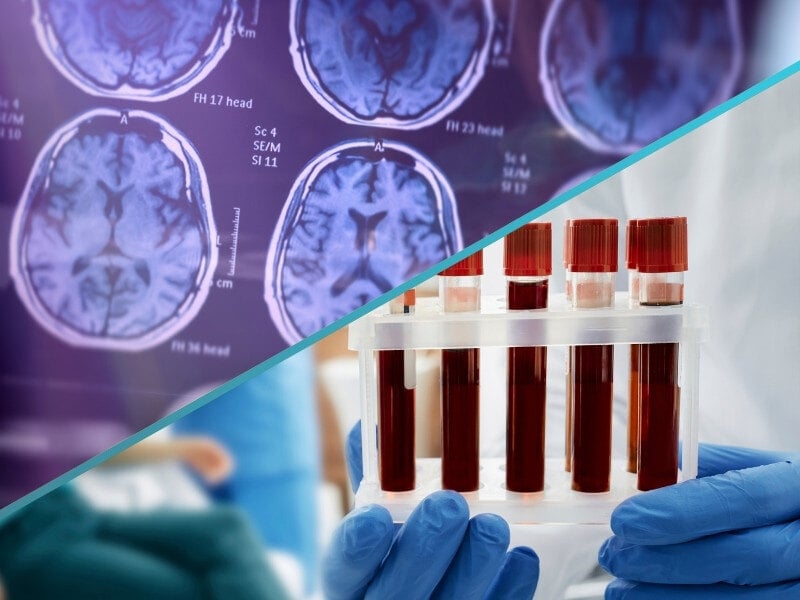


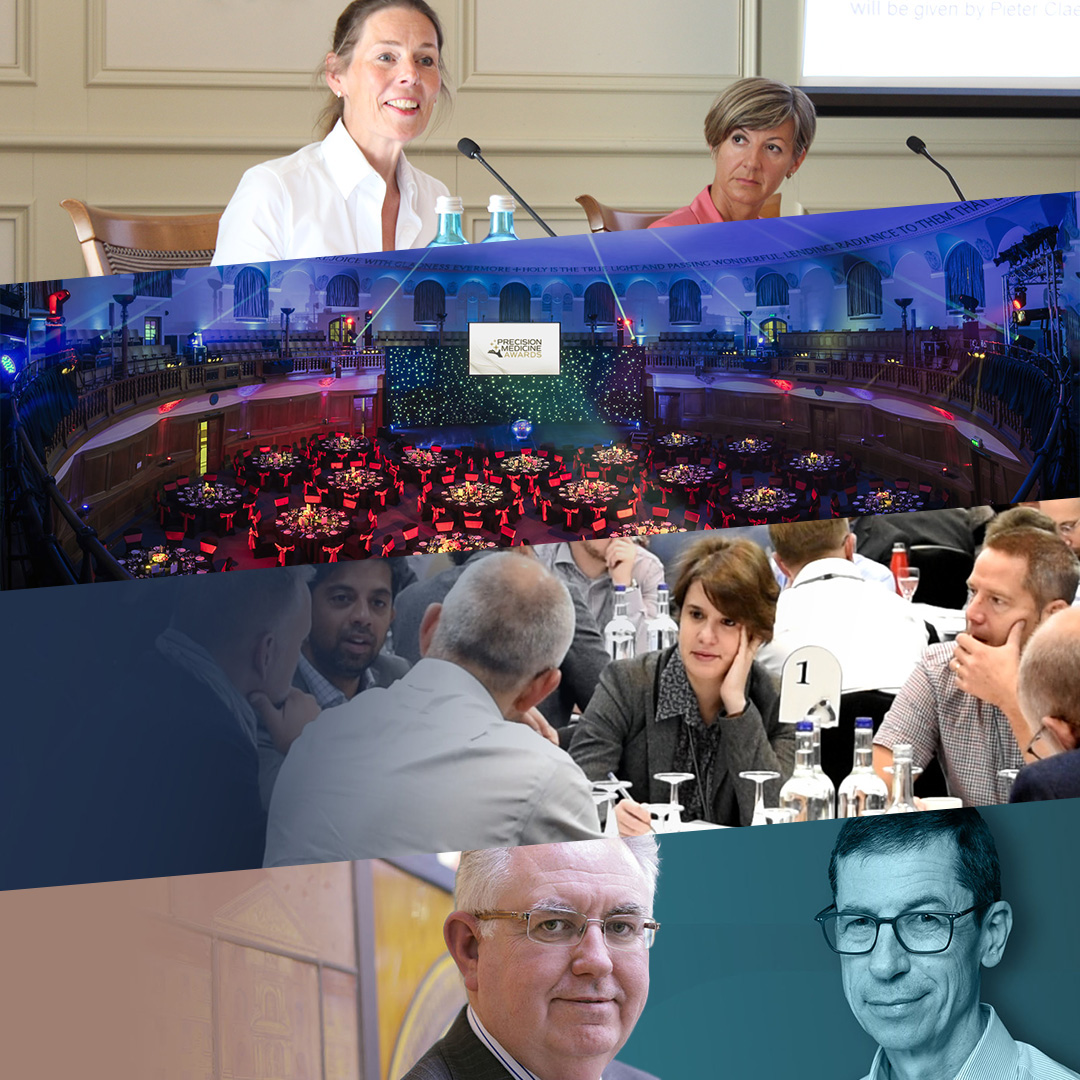

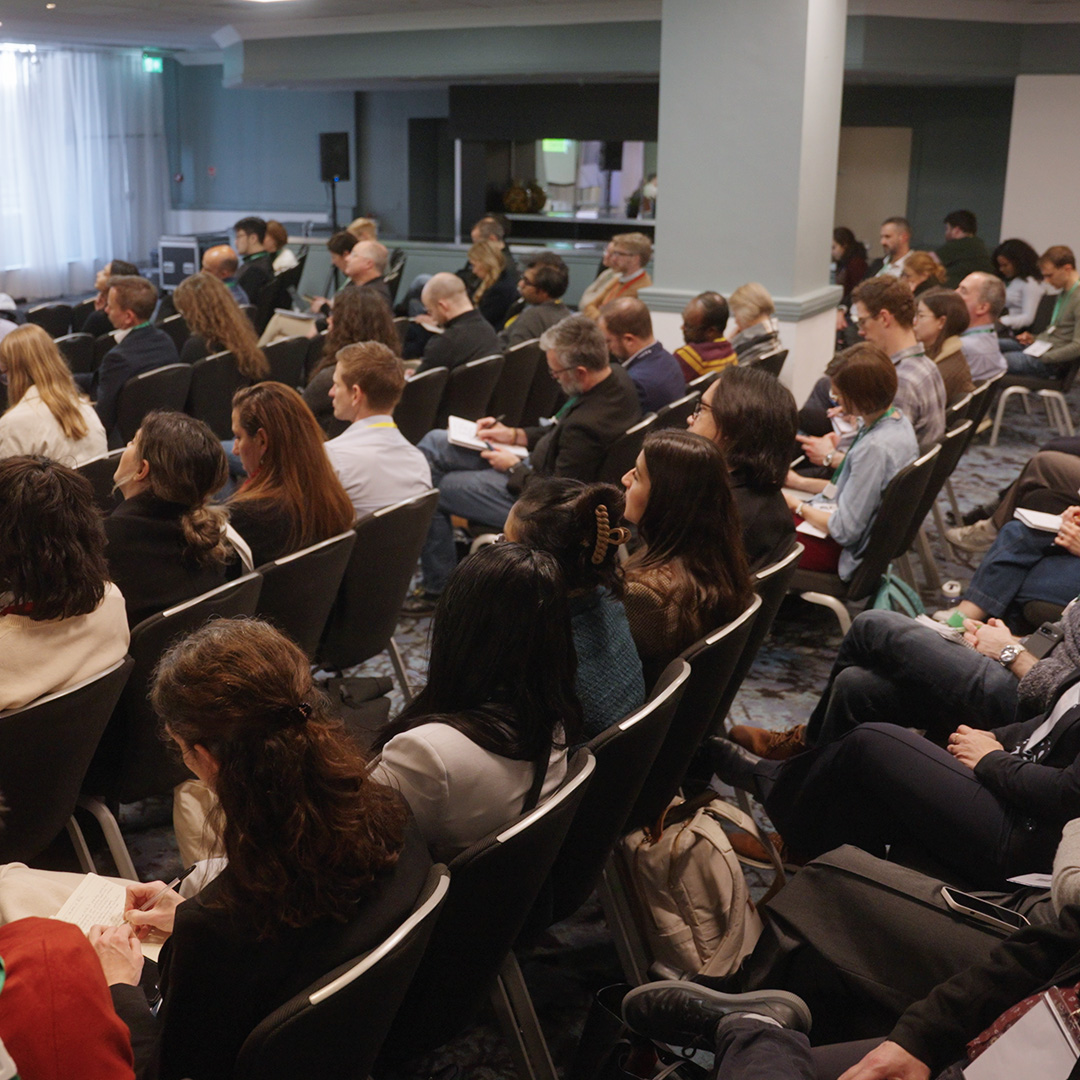

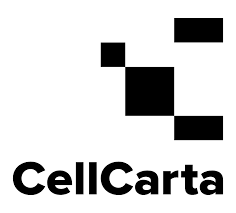
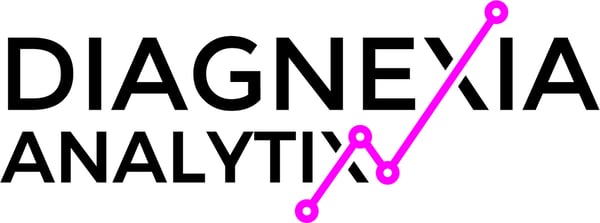
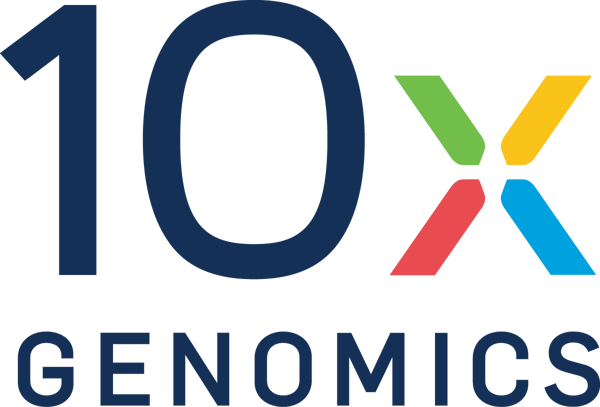
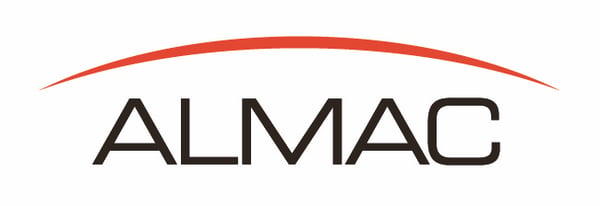





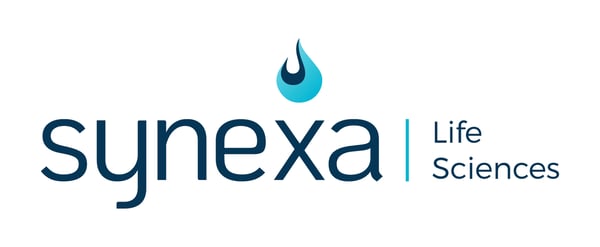
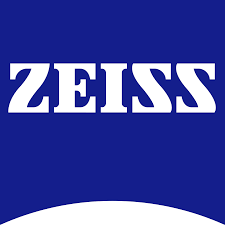
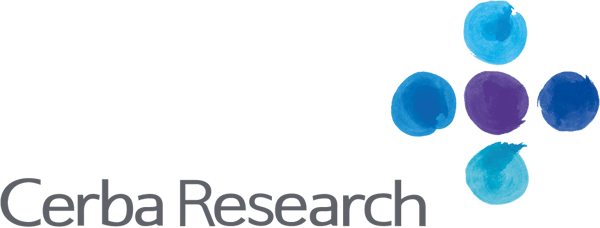
_horizontal-fire.png?length=600&name=45f9b4c7-7256-481e-99be-7800f07088e7-2-5668375logo-FMI(R)_horizontal-fire.png)


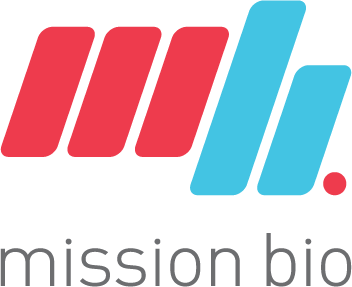
.png?length=600&name=f90ba4ee-dc07-414e-8829-9ceb80d149e6-2-5668375logo-Proscia-(14).png)
.png?length=600&name=3ebab810-7368-4d37-bc16-77d994699581-2-5668375logo-RareCyte_Logo_PMS7585-CoolGray11-(R).png)


